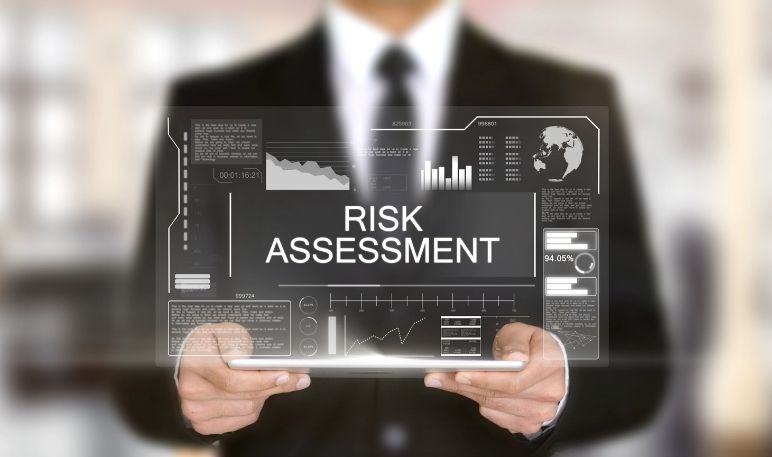The Importance of Having a Conflict on Interest Policy
Most people do not appreciate the complexities of a conflict of interest. The conflict can affect many business decisions. Can you hire a relative? Can I buy goods from my best friend? Can I retain the services of my wife’s brother? “Yes” can be the answer to the question if the correct process is followed. A Conflict of Interest policy outlines this process.
Risk Assessment is the foundation of a Conflict of Interest policy. This is to ensure you consider all potential risks.
5W and 1 H Approach
You need to adopt the 5W and 1H approach to developing the policy: “who”, “when”, “where”, “what”, “why” and “how”. This will ensure you address all areas as part of your risk mitigation process.
The conflict of interest can either be incorporated into a Code of Conduct or it can be a standalone policy. Any action needs to address two key aspects: “Actual” and “Perceived”. The latter can be difficult to appreciate as parties tend to consider the “perception” from their perspective rather from what other persons may “perceive”. A good approach is to ask parties to reflect on the “Sunday Paper” test. How would they respond if the conduct was splashed across the front page?
Business Training Programs
There is a need to conduct regular training programs across your organisation. It is important to provide specific training to purchasing and HR Departments due to the greater risks.
The program should incorporate interaction with employees while discussing scenarios. The policy should include a reporting protocol, so persons are able to raise any concerns.
Protect your organisation with an effective Conflict of Interest procedure. ACCA can assist.





